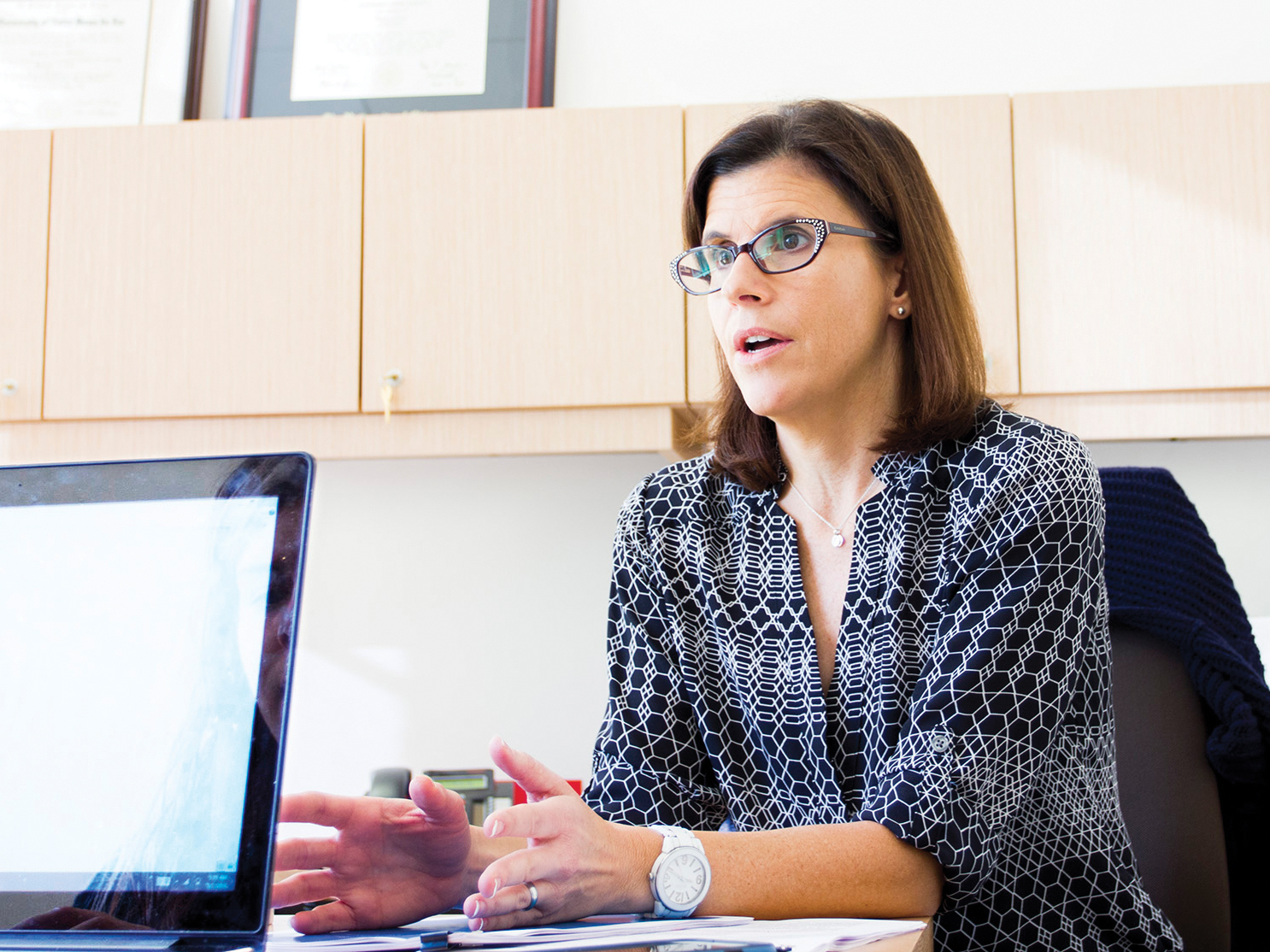
On Monday, April 3 at 3:30 p.m., the new University of California Title IX coordinator, Kathleen Salvaty, held a call-in conference for student reporters throughout the UC system. Salvaty decided to hold this news conference due to April being sexual assault awareness month and to broadcast the resources available across the UC campuses.
Salvaty was named the UC’s first system-wide Title IX coordinator on Jan. 12, 2017 and reports directly to UC President Janet Napolitano. Prior to being appointed to the position, Salvaty served as director of the Title IX office at UCLA.
The news conference began with Salvaty describing her goals for the coming months and years for the UC system’s Title IX programs. She also praised and emphasized the importance of the various system-wide programs such as Campus Advocacy, Resources and Education (CARE), which acts as a crisis intervention center for survivors of sexual assault and harassment.
After Salvaty finished describing her goals and a few of the programs available that are associated with Title IX, she opened the line up for one question from each paper as well as a follow-up question. Many of the questions asked had to do with the logistics of Title IX and how, or if, it is going to be expanded in the coming years.
There were also questions as to how the Title IX office works in conjunction with the UC medical centers when sexual assault and harassment occurs. This questioning stems from the 12 sexual assault and harassment cases that were discovered at a UCLA medical center, the David Geffen School of Medicine and the School of Dentistry. These cases were made public during system-wide investigations into violations of UC sexual harassment policies through the time period of January 2013 through April 2016. In total there were 113 cases systemwide that involved the violation of a university’s sexual harassment policies by a staff or faculty member or an employee. In response to this question Salvaty explained that Title IX works closely with the UC medical centers, however, “sometimes they (the medical centers) aren’t located on the campuses and that is challenging.”
When asked if the Title IX law includes the protection of one’s gender identity, due to the Trump administration’s rescinding of transgender restroom rights on Feb. 22 as well as Attorney General Jeff Sessions argument that the Obama administration’s interpretation of Title IX “did not contain sufficient legal analysis.” Salvaty stated, “I’m not going to interpret the Constitution … I know that our (the UC’s) policies protect students based on gender and sexual identity.”
When asked if she planned to create any new programs in addition to expanding the already existing ones, Salvaty discussed her plans for the programs that are currently available to all UC students, staff and faculty, “I’m looking forward to working with the CARE offices and seeing how we can expand their program.” She later added that she hopes to expand other UC programs, such as the response programs and, potentially, create new ones.
Salvaty ended the conference by explaining that she is going to try to further expand Title IX, as there is already an effort to increase investigators.
Third-year gender and sexuality and public policy double major and coordinator for Sexual Assault and Violence Education, a peer to peer education program for sexual assault and violence, Marina Sangit, shares Salvaty’s belief in the need to expand the Title IX program. “If you only have one person doing the investigation it could exponentially elongate the process, stated Sangit. “So, if you brought more investigators onto campus people would have speedier trials and adjudication processes which could help the healing of survivors and people that face harassment.”








